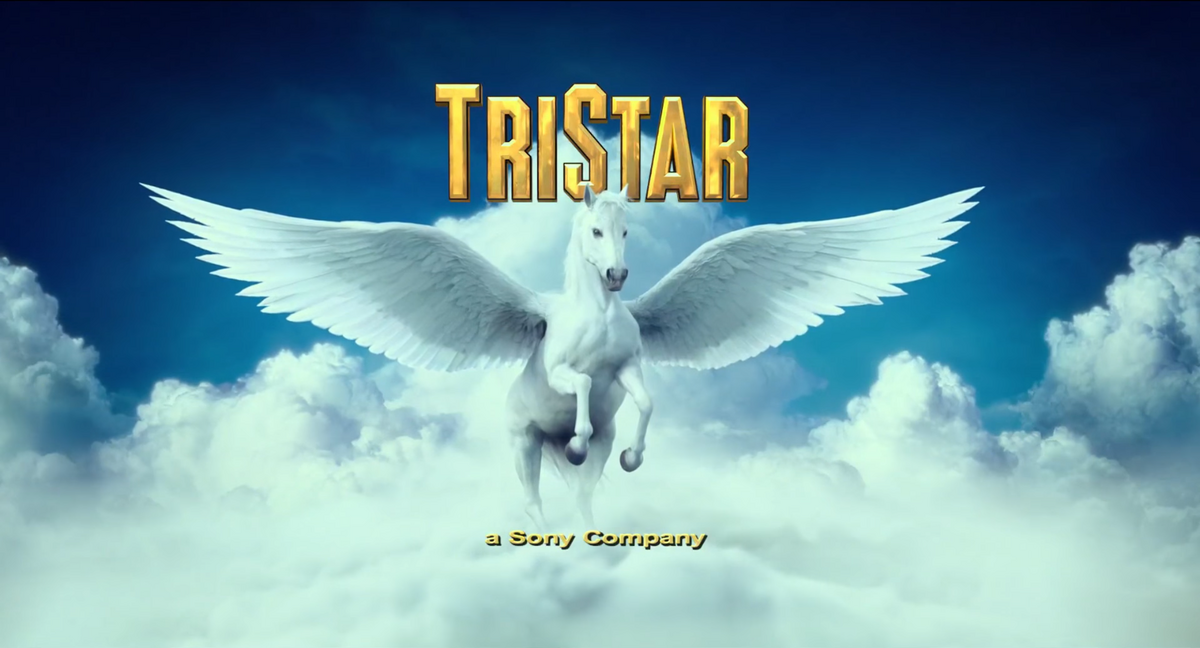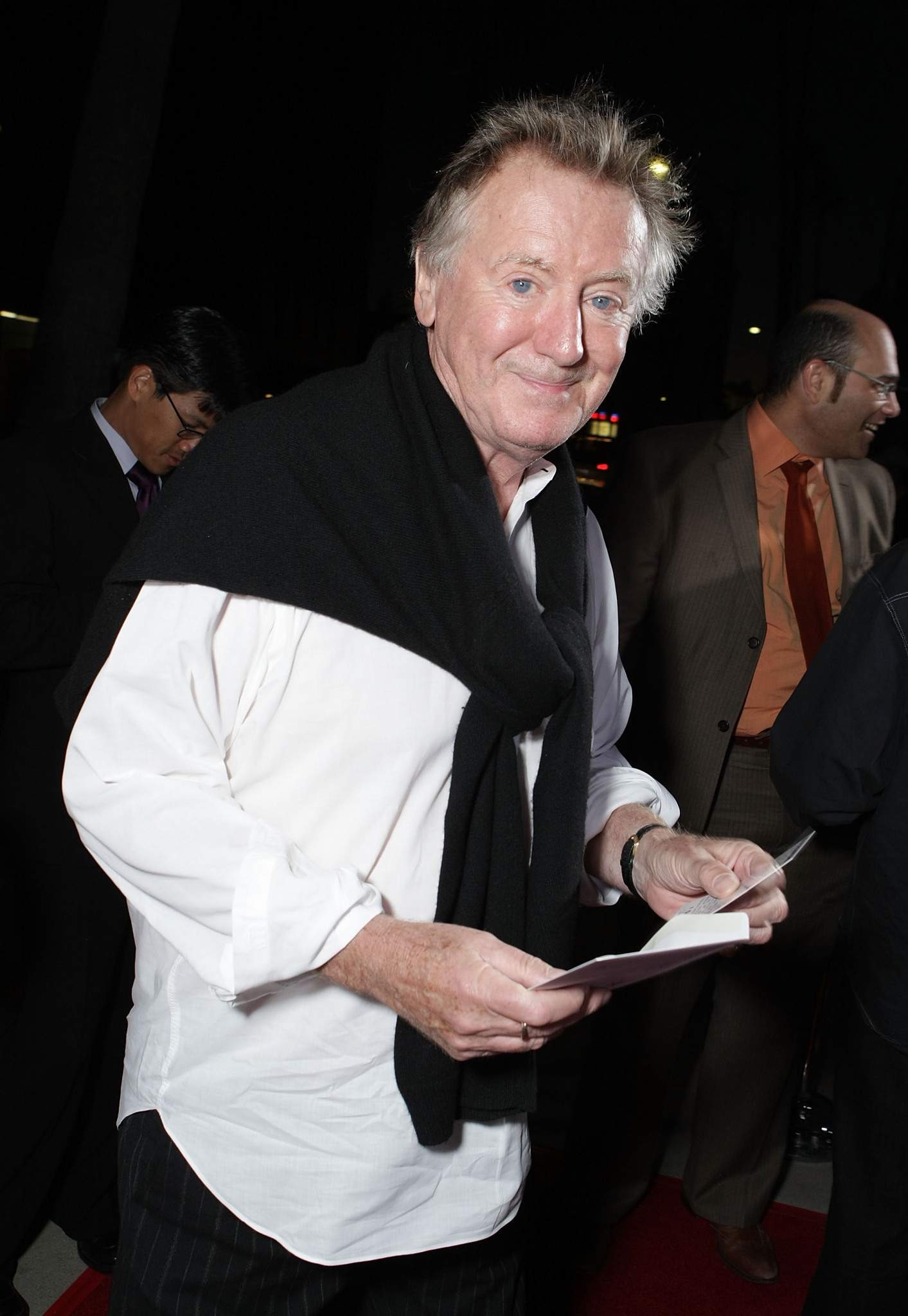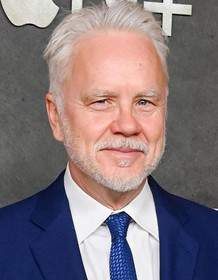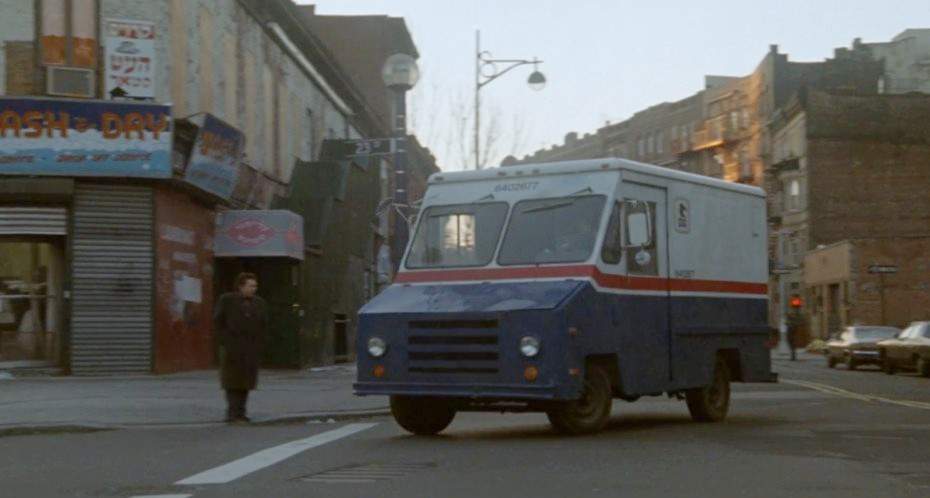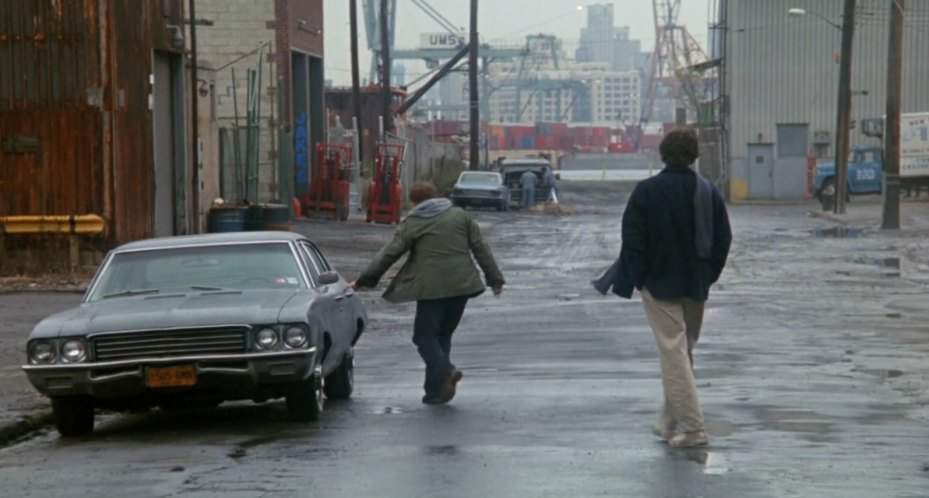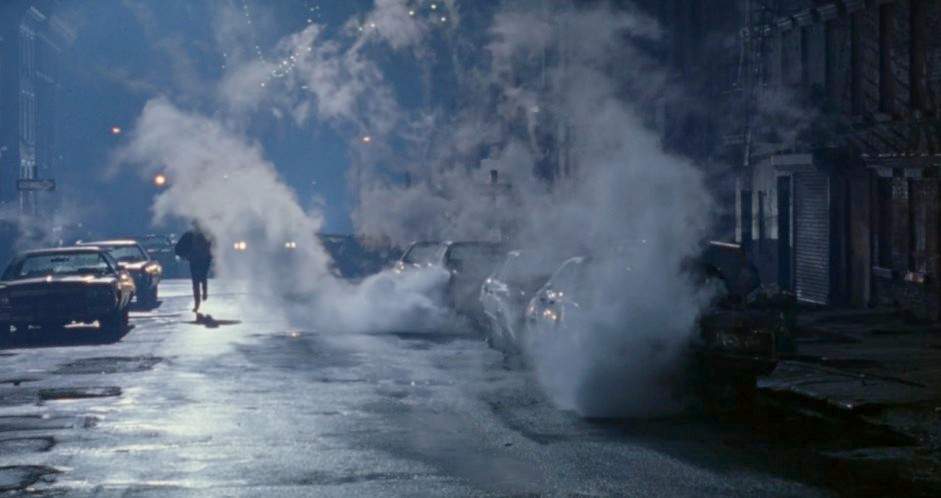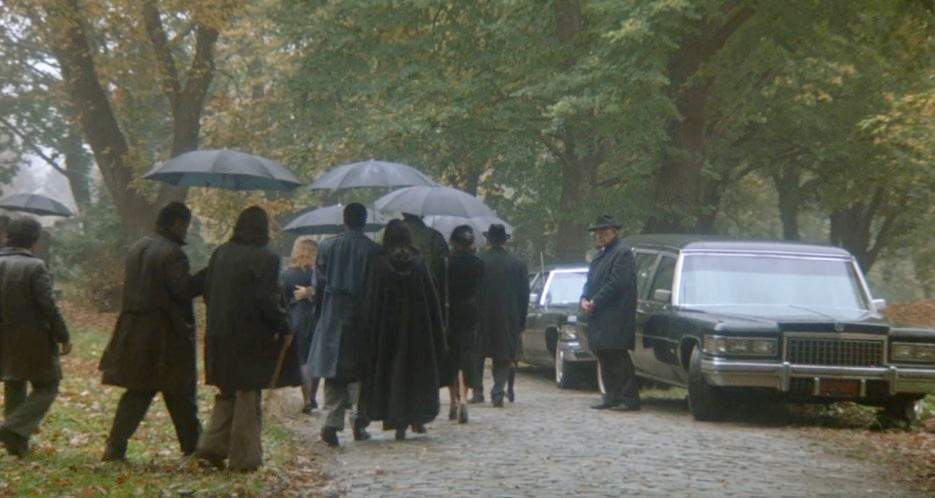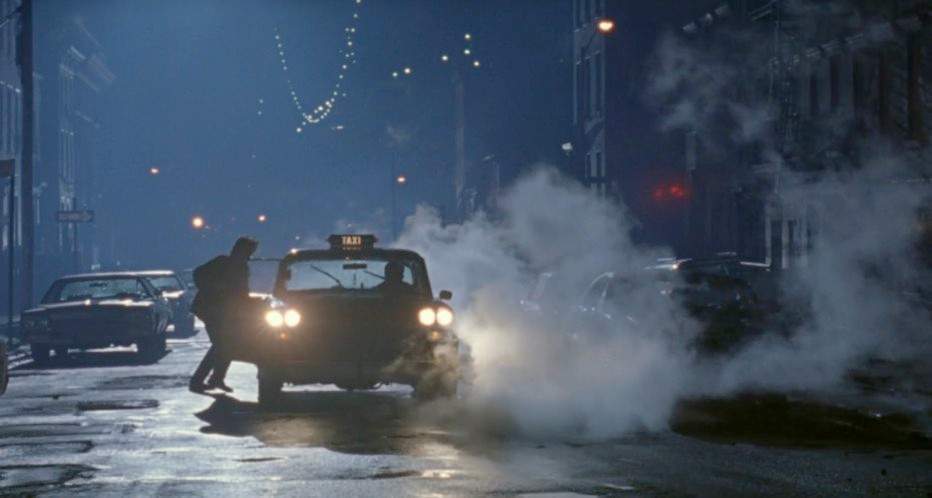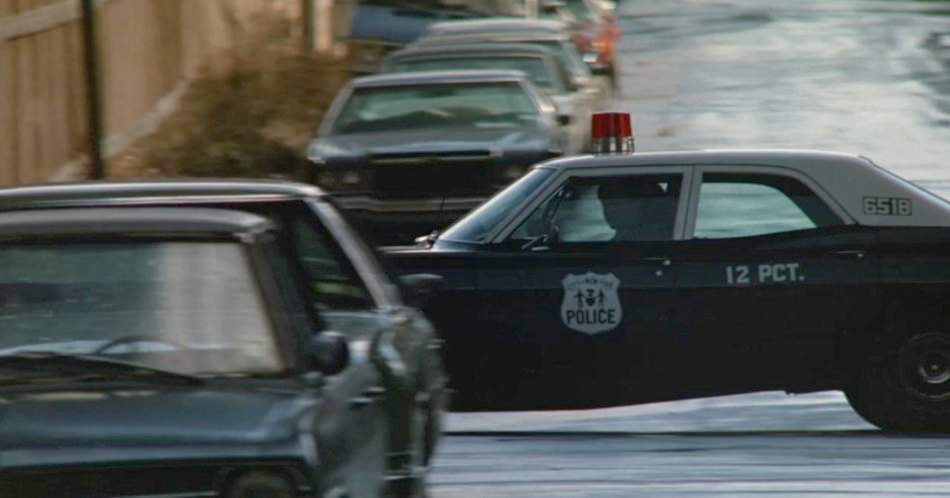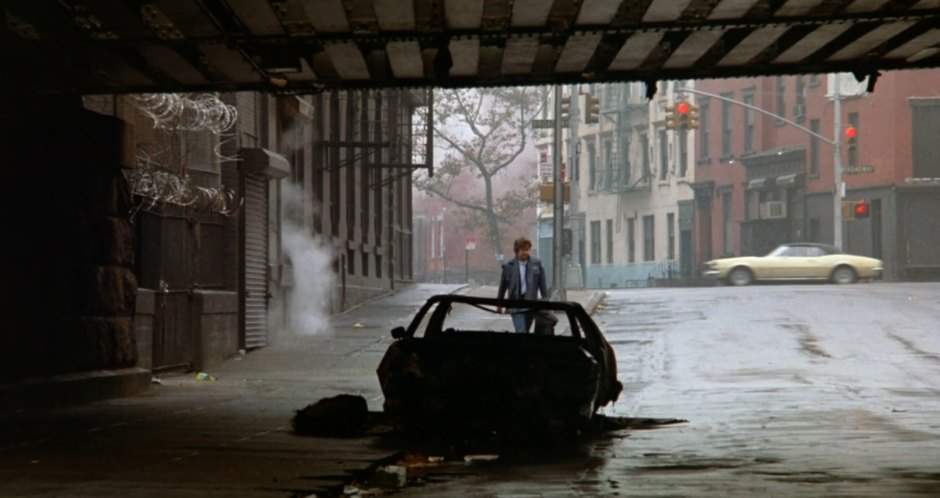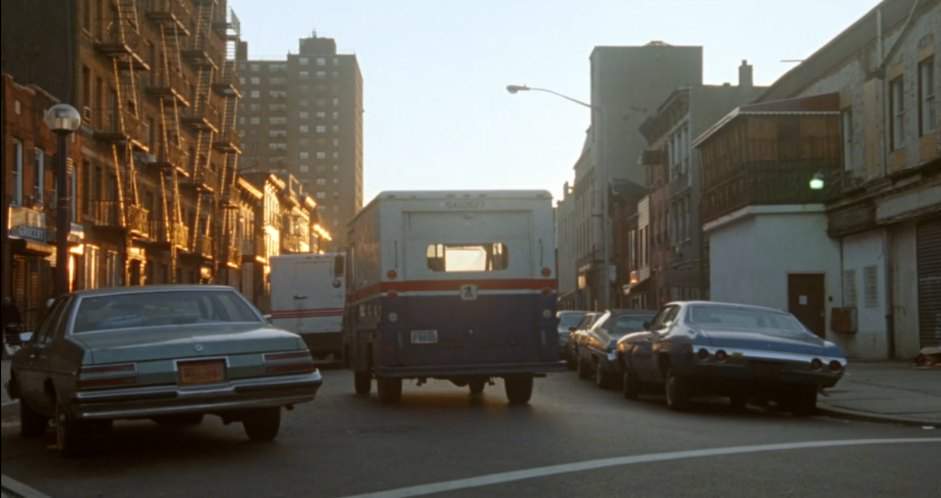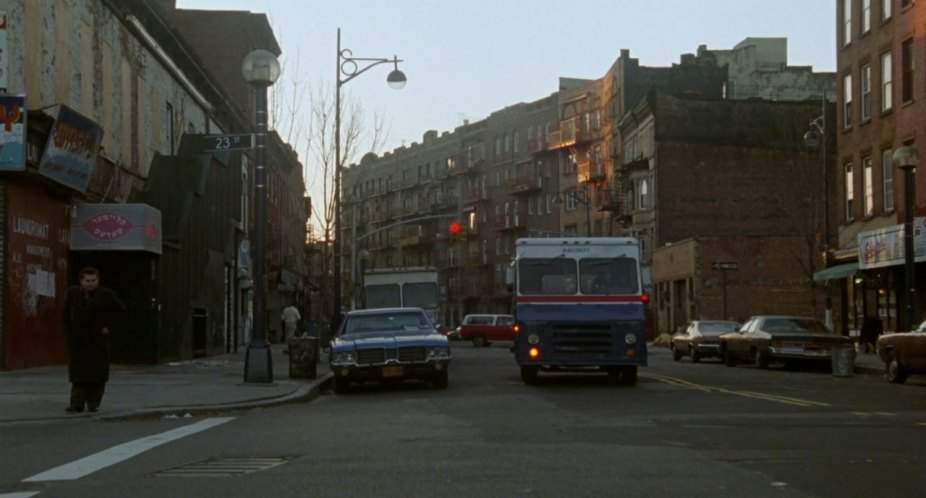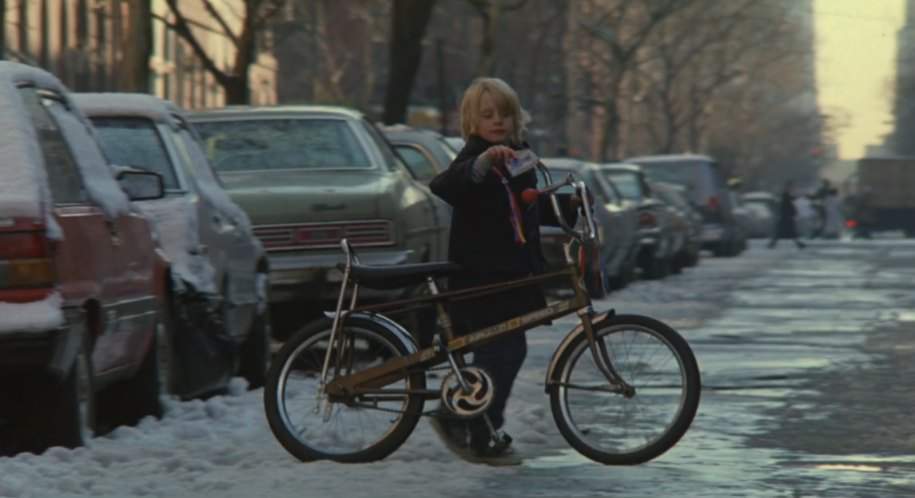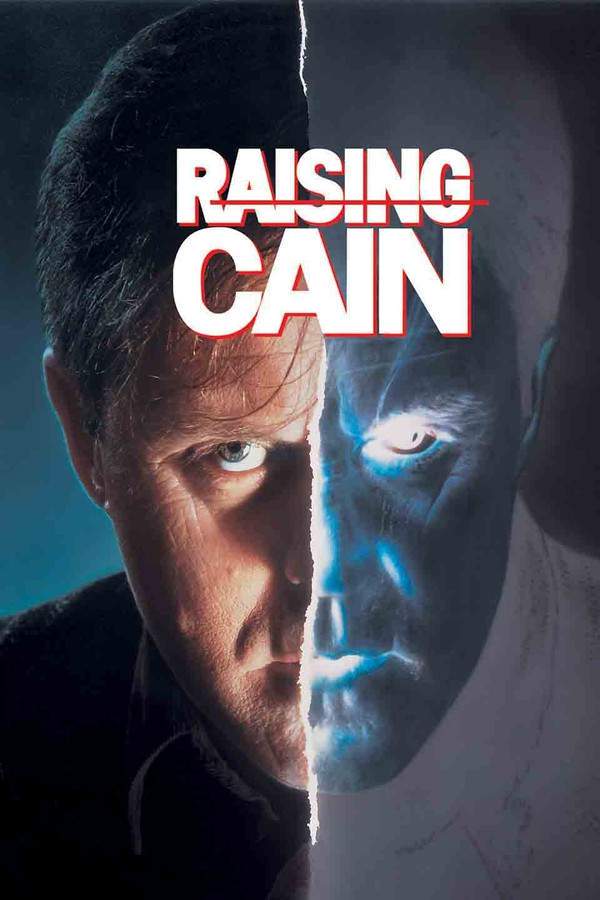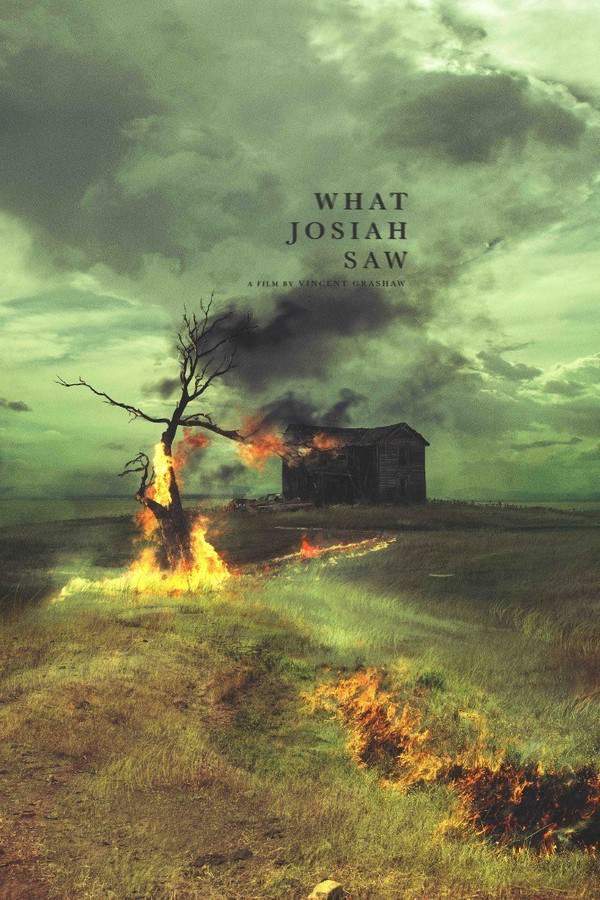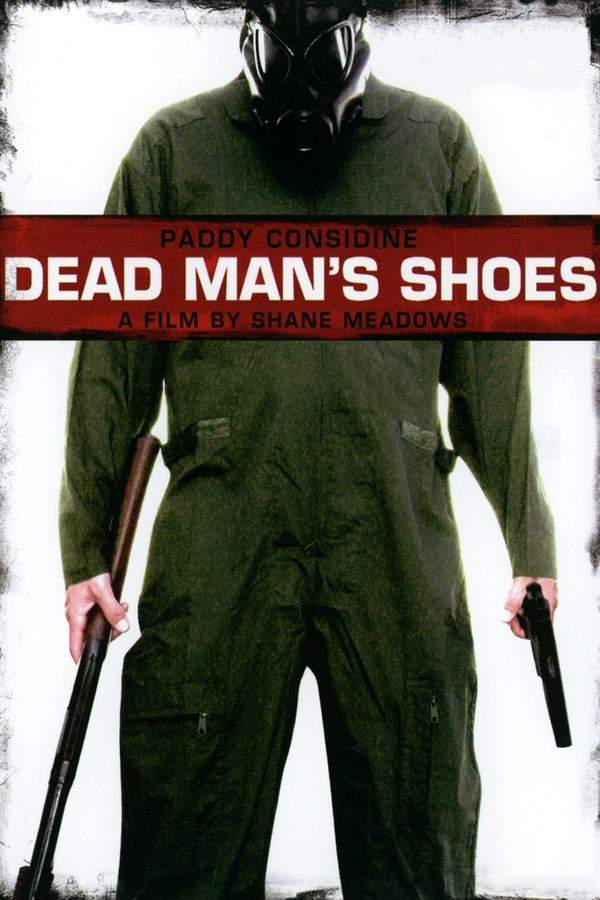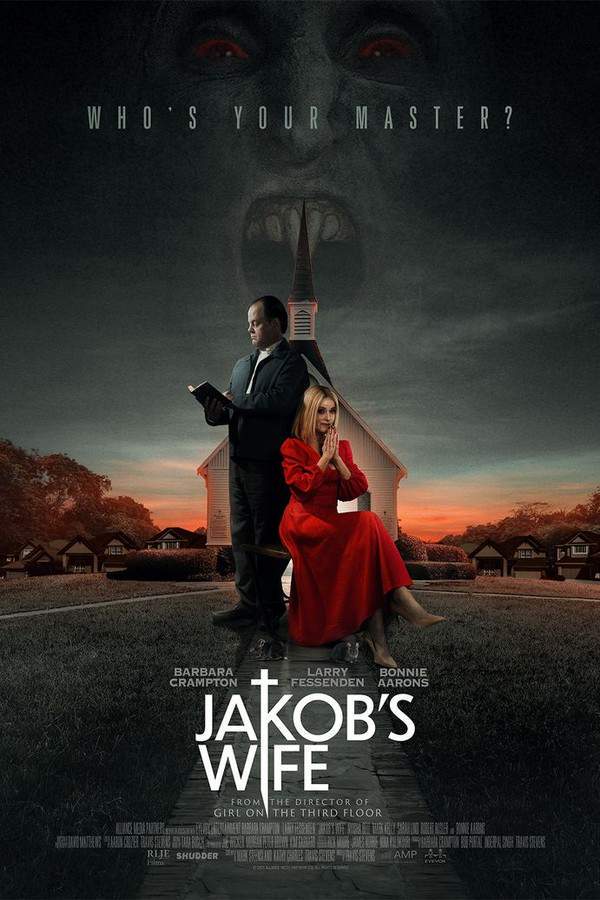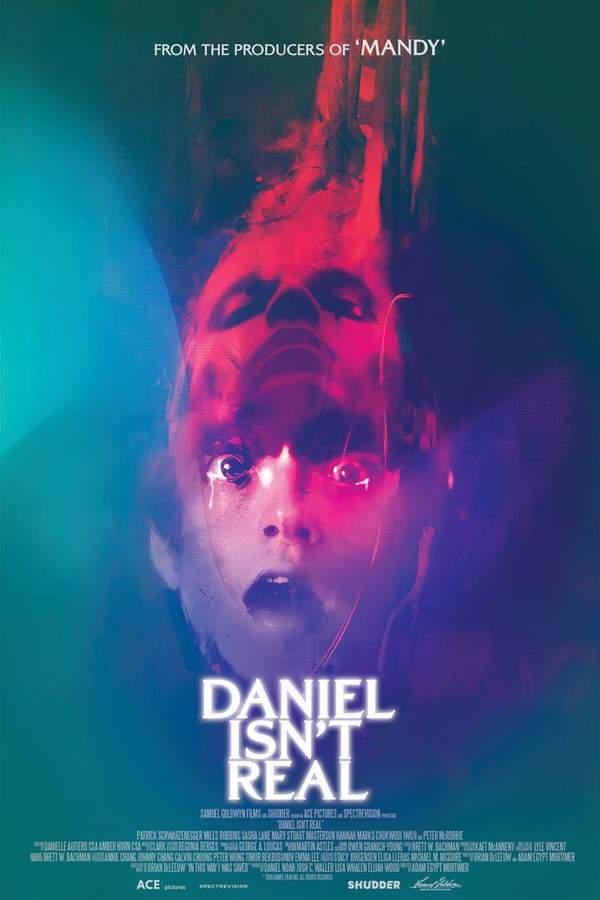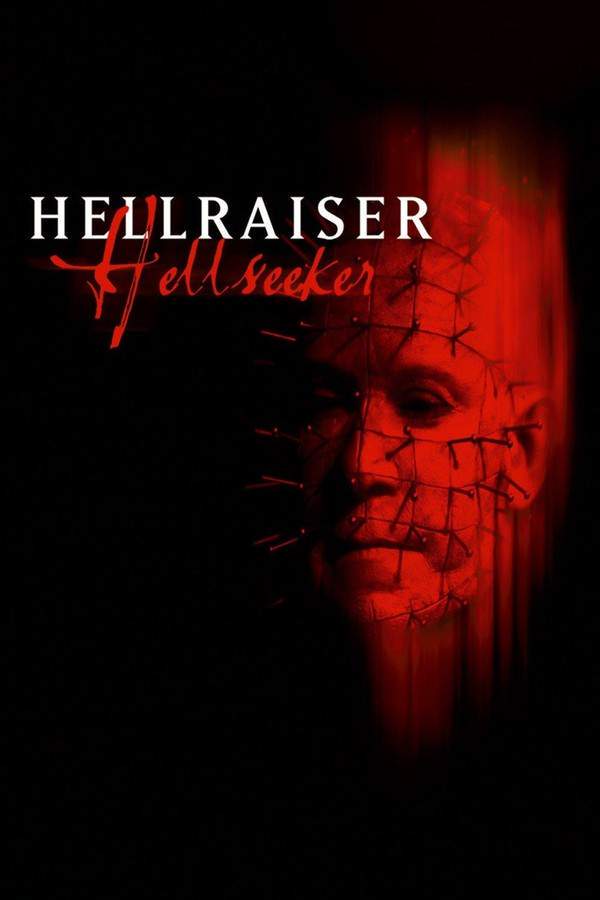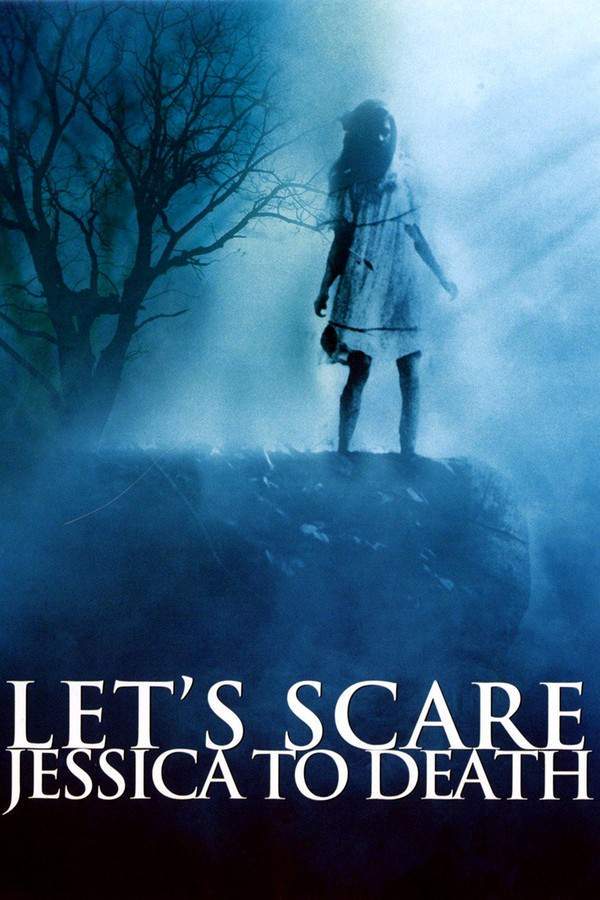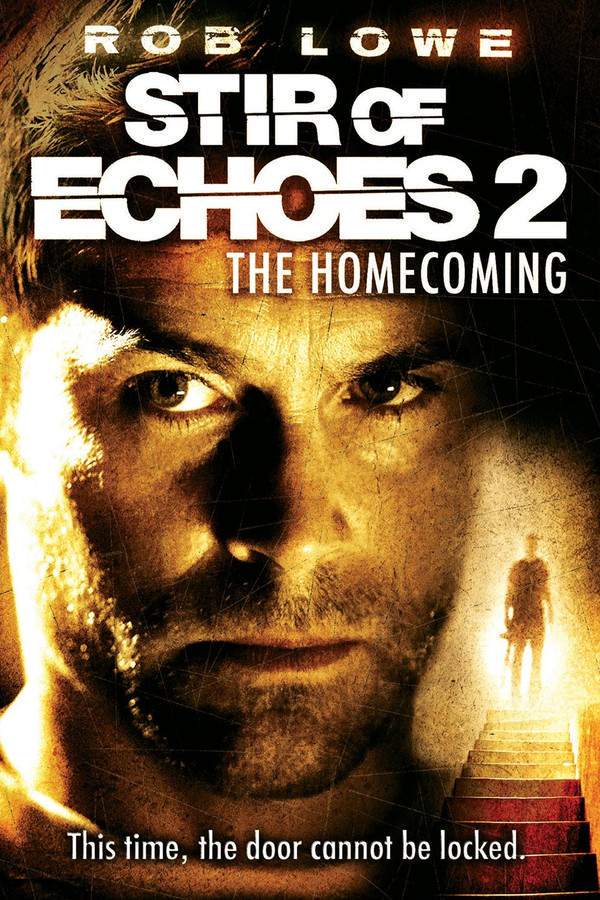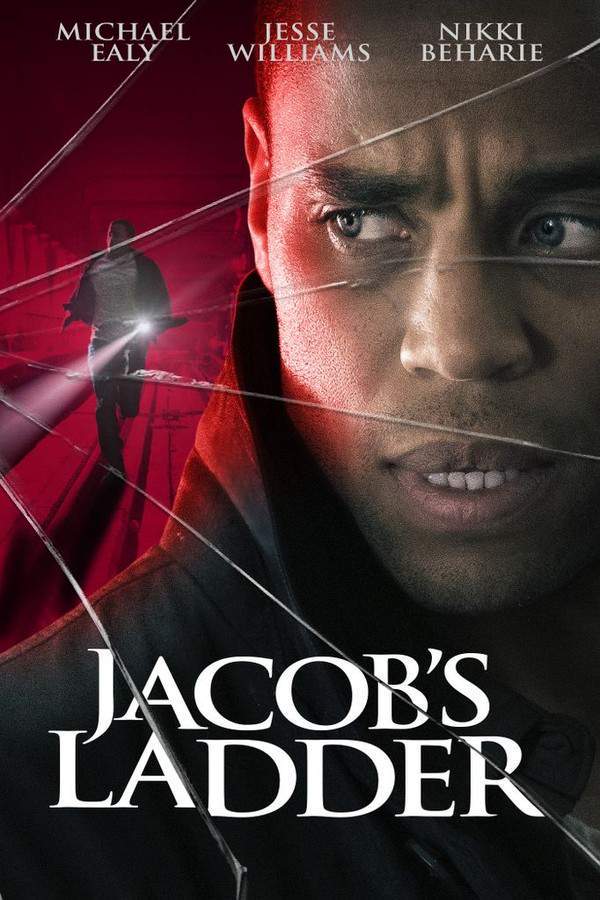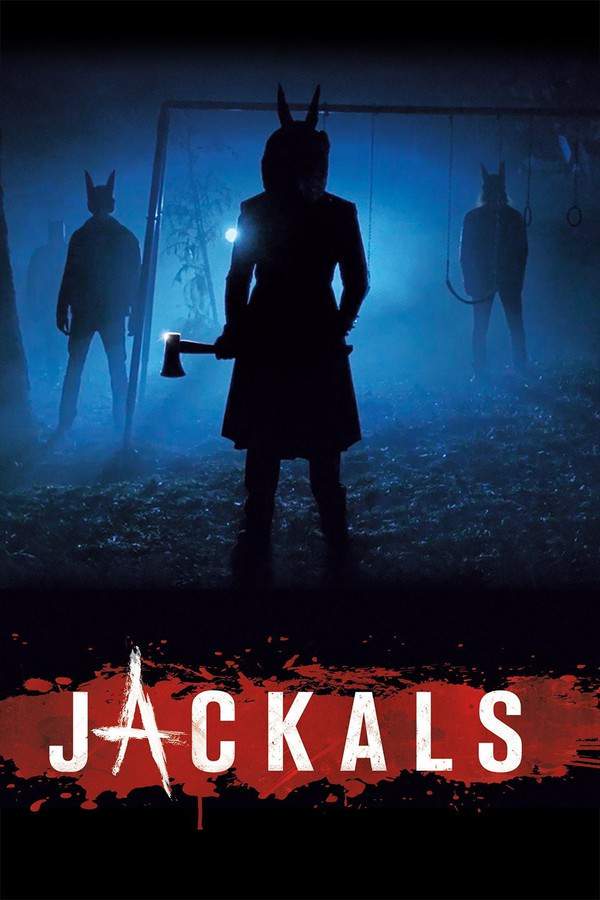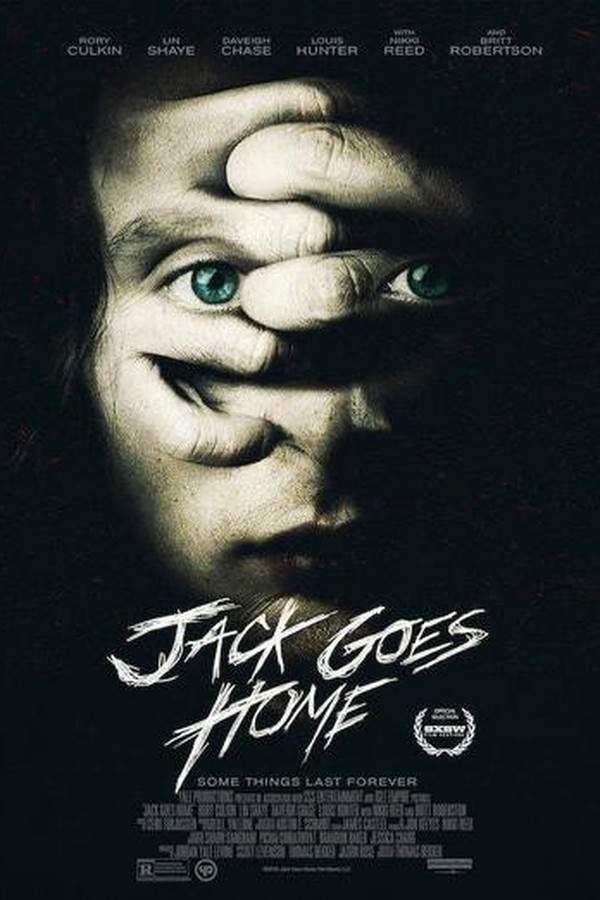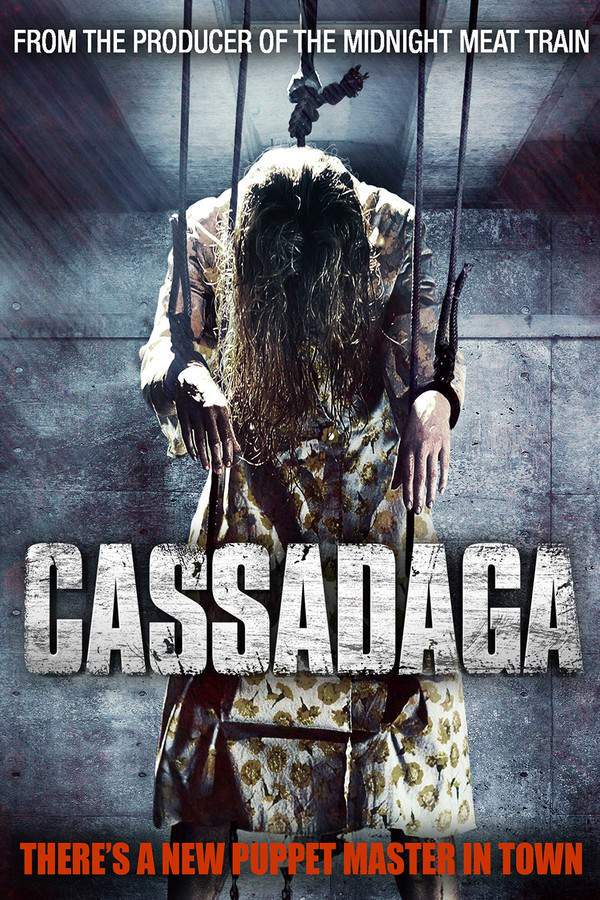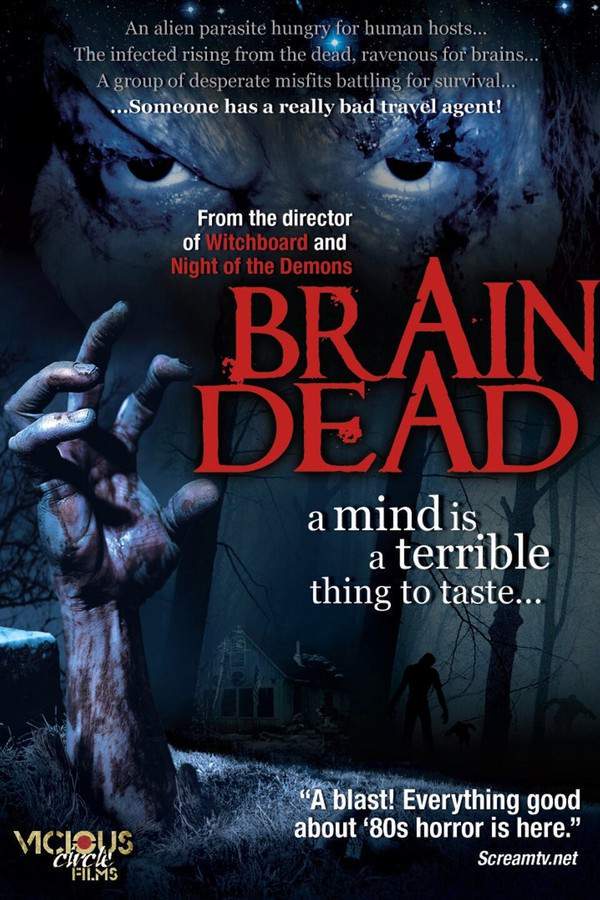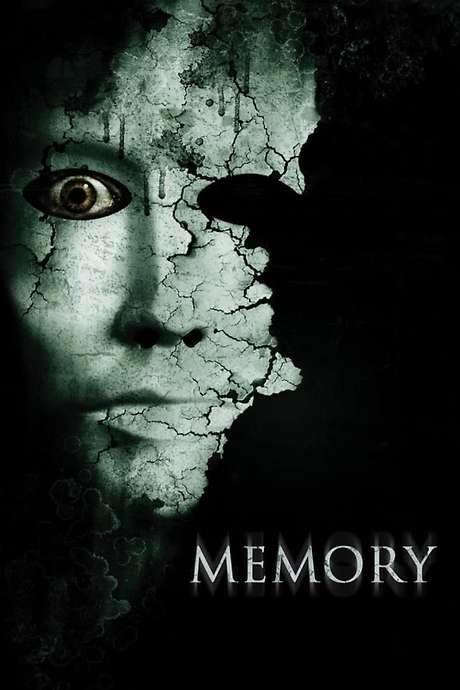Jacob's Ladder 1990
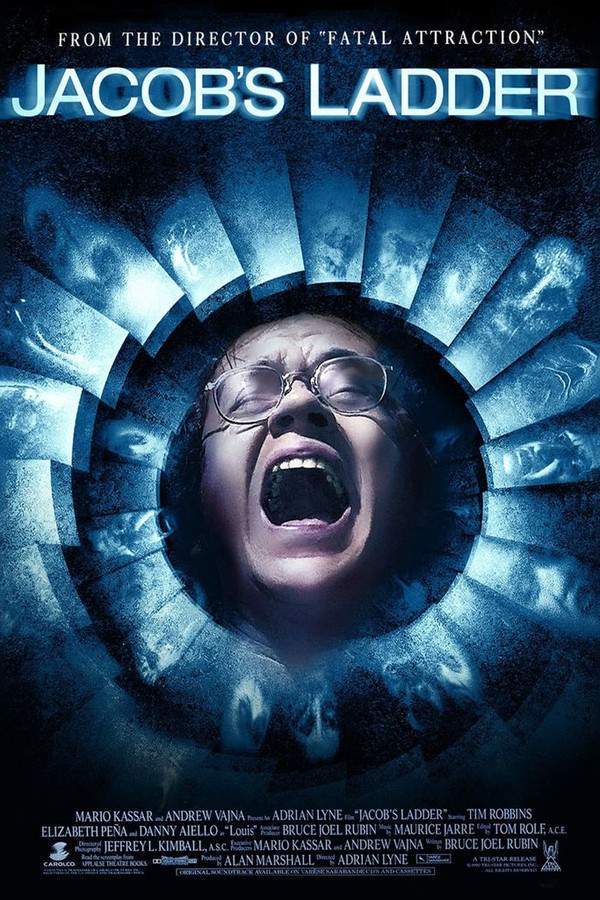
Haunted by fragmented memories and unsettling visions, a Vietnam veteran desperately tries to piece together his past while grappling with the loss of his son. As he confronts disturbing imagery and encounters enigmatic figures, he questions the nature of his reality and searches for answers about a tragic event. His quest leads him down a disorienting path, blurring the lines between life, death, and the depths of his own psyche.
Does Jacob's Ladder have end credit scenes?
No!
Jacob's Ladder does not have end credit scenes. You can leave when the credits roll.
Meet the Full Cast and Actors of Jacob's Ladder
Explore the complete cast of Jacob's Ladder, including both lead and supporting actors. Learn who plays each character, discover their past roles and achievements, and find out what makes this ensemble cast stand out in the world of film and television.
External Links and Streaming Options
Discover where to watch Jacob's Ladder online, including streaming platforms, rental options, and official sources. Compare reviews, ratings, and in-depth movie information across sites like IMDb, TMDb, Wikipedia or Rotten Tomatoes.
Ratings and Reviews for Jacob's Ladder
See how Jacob's Ladder is rated across major platforms like IMDb, Metacritic, and TMDb. Compare audience scores and critic reviews to understand where Jacob's Ladder stands among top-rated movies in its genre.

62
Metascore
7.3
User Score

7.4 /10
IMDb Rating

74
%
User Score
Take the Ultimate Jacob's Ladder Movie Quiz
Challenge your knowledge of Jacob's Ladder with this fun and interactive movie quiz. Test yourself on key plot points, iconic characters, hidden details, and memorable moments to see how well you really know the film.
Jacob's Ladder Quiz: Test your knowledge of the haunting film 'Jacob's Ladder' and its exploration of trauma, memory, and war.
In which year is 'Jacob's Ladder' set?
1971
1969
1980
1975
Show hint
Full Plot Summary and Ending Explained for Jacob's Ladder
Read the complete plot summary of Jacob's Ladder, including all major events, twists, and the full ending explained in detail. Explore key characters, themes, hidden meanings, and everything you need to understand the story from beginning to end.
In 1971, amidst the harrowing backdrop of the Mekong Delta, chaos reigns as soldiers are overwhelmed by excruciating headaches, leading to a brutal onslaught. Jacob Singer, portrayed by Tim Robbins, finds himself frozen in horror, an unwilling participant in the mess and savagery of war. Although he narrowly escapes with his life, he is left to flee, injured and alone.
Awakening in a derelict subway car, Jacob realizes he had dozed off while lost in a book. Seeking clarity, he approaches an old woman (Antonia Rey) to inquire if they have reached Bergen Street, only to find that communication fails. As he continues, he encounters a tramp and bizarrely imagines a tail sprouting from the man’s backside. When he attempts to leave the train at his stop, he discovers the doors locked and barricaded. Alone in the station, surrounded by flickering lights and the rushing sounds of an oncoming train, he sees faceless figures peering at him, one even bidding him farewell.
Jacob’s home in a bleak New York neighborhood welcomes him when he reaches out to Jezzie, played by Elizabeth Peña, who had been anxiously awaiting his return. They share an intimate moment in the shower, a brief respite in their chaotic lives. Yet, Jacob’s mind drifts back to the jungles of Nam, where the haunting sights from the battlefield emerge, bringing his past traumas to the surface.
The following day greets him with memories of his deceased son, Gabe (Macaulay Culkin), as he flips through cherished photographs with Jezzie. Overcome with grief, she suggests destroying the images that bring him pain, tossing them into a fire while Jacob clings to the one of Gabe kept safe in his wallet.
Transitioning into his routine as a postman, Jacob hums tunes at work, charmed by the flirtations of young women, and later visits Louis (Danny Aiello) for a massage. But restless reminders from Nam return to plague him, leading to dark hallucinations of blurry faces and threatening incidents, including an ominous near-miss with a car.
Desperate for answers, he seeks out a psychologist, only to find that Dr. Carlson, a figure from his past, is deceased. Unsettled by this revelation and incredulous to Jezzie’s dismissive explanations, he becomes increasingly agitated. At a lively house party, amidst laughter and music, Jacob’s anxiety escalates when visions of disfigurement and violence overwhelm him, culminating in a panic attack that forces him to flee.
As feverish illusions torment him, Jezzie’s concern for his well-being becomes palpable. Despite her efforts to cool him down with ice baths, Jacob insists that chaos reigns in his mind, spiraling into memories from Nam and his family’s haunting apparitions. A phone call interrupts their solace, provoking more unanswered questions and trailing paranoia about an experiment gone awry.
Following a grave encounter with another soldier, Paul Flanagan (Pruitt Taylor Vince), who shares a shocking tale of a chemical warfare experiment known as “The Ladder,” Jacob learns how it intensified aggression among soldiers, shattering their minds. The weight of this revelation nudges him closer to the truth behind the horrific events of that fateful night.
Jacob’s journey leads him down a tumultuous path of confrontation with elements of his past—friends, memories, and victimization at the hands of a deceitful system. Each encounter deepens the mystery and expands the tragedy he endured.
Alone with his thoughts, Jacob revisits nostalgic moments with Gabe, yearning for connection even in a brief reunion. The seeming harmony fades as the shadows of betrayal and horror engulf his reality, culminating in the sinister acceptance of a truth buried deep within the ruins of his mind.
As the screen fades to black, poignant captions remind viewers of the real-life implications of war and experimentation, crafting a stark parallel to Jacob’s harrowing odyssey through trauma and memory in this psychological kaleidoscope.
Uncover the Details: Timeline, Characters, Themes, and Beyond!

Coming soon on iOS and Android
The Plot Explained Mobile App
From blockbusters to hidden gems — dive into movie stories anytime, anywhere. Save your favorites, discover plots faster, and never miss a twist again.
Sign up to be the first to know when we launch. Your email stays private — always.
Watch Trailers, Clips & Behind-the-Scenes for Jacob's Ladder
Watch official trailers, exclusive clips, cast interviews, and behind-the-scenes footage from Jacob's Ladder. Dive deeper into the making of the film, its standout moments, and key production insights.
Cars Featured in Jacob's Ladder
Explore all cars featured in Jacob's Ladder, including their makes, models, scenes they appear in, and their significance to the plot. A must-read for car enthusiasts and movie buffs alike.
Jacob's Ladder Themes and Keywords
Discover the central themes, ideas, and keywords that define the movie’s story, tone, and message. Analyze the film’s deeper meanings, genre influences, and recurring concepts.
Jacob's Ladder Other Names and Titles
Explore the various alternative titles, translations, and other names used for Jacob's Ladder across different regions and languages. Understand how the film is marketed and recognized worldwide.
Similar Movies To Jacob's Ladder You Should Know About
Browse a curated list of movies similar in genre, tone, characters, or story structure. Discover new titles like the one you're watching, perfect for fans of related plots, vibes, or cinematic styles.
Quick Links: Summary, Cast, Ratings, More

What's After the Movie?
Not sure whether to stay after the credits? Find out!
Explore Our Movie Platform
New Movie Releases (2025)
Famous Movie Actors
Top Film Production Studios
Movie Plot Summaries & Endings
Major Movie Awards & Winners
Best Concert Films & Music Documentaries
Movie Collections and Curated Lists
© 2025 What's After the Movie. All rights reserved.


